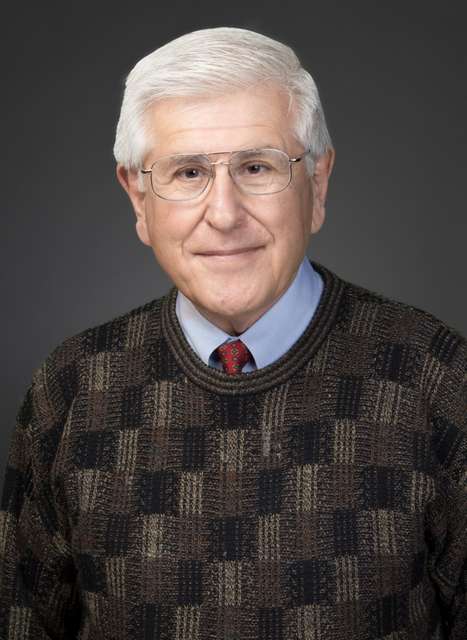NCP Member-Only Blog > The NCP Research Capsule: November 2022
Barton J. Blinder, MD, PhD
Co-Chair, Research Committee
 Our selection of readings for this month features the groundbreaking work of Milrod and Busch in formulating a modified short-term transference panic-focused psychodynamic approach in the treatment of anxiety spectrum disorder (panic and separation anxiety). Their original research study and a case discussion are included, along with critical comments by Otto Kermberg and Mardi Horowitz, who emphasize how foundational concept definition and understanding may guide and promote psychoanalytic research to modify technique, better understand process, and evaluate treatment outcome.
Our selection of readings for this month features the groundbreaking work of Milrod and Busch in formulating a modified short-term transference panic-focused psychodynamic approach in the treatment of anxiety spectrum disorder (panic and separation anxiety). Their original research study and a case discussion are included, along with critical comments by Otto Kermberg and Mardi Horowitz, who emphasize how foundational concept definition and understanding may guide and promote psychoanalytic research to modify technique, better understand process, and evaluate treatment outcome.
I would like to comment also this month on the significant contributions of child psychoanalytic pioneer contributors and more recent methodological sophisticated observers and researchers in advancing our field.
The notion of a progressive unfolding of behavior, cognition, affect regulation, social capacities, and concept of mind emerged from scientific observations (embryology, evolution theory, archeology, and cultural anthropology) and theoretical perspectives of the late nineteenth and early twentieth centuries. Slightly more than 100 years agorelatively recent history!
While psychoanalysis is not specifically recognized as a developmental science, psychoanalysts were among the most active developmental theorists and gradually naturalistic observers since the middle of the last century.
The methodology of discovery often determines what is discovered and the paradigms of the researchers often constrain the ability to gain new understanding until new perspectives emerge.
For a time analysts and the more behaviorally oriented developmentalists were using a similar laboratoryobserving children in their natural settings (nursery schools, playgrounds, interactions with parents). The pioneering child analysts achieved a remarkable level of creativity and theory-building from their naturalistic base of observations (A. Freud, Klein, Lample-de Groot, Brody, Furman, Hoffer, Mahler, Galenson, among many others).
Their more empirical colleagues turned their energies into transforming these theories into testable hypotheses yet to this day the enduring conceptual richness of the early psychoanalytic developmentalists remains noteworthy.
There is a compelling notion (intuitive, from observation and personal recollection) that a childs history is one of progressthat development moves forward to higher and higher levels oforganization, function, integrationwhich may be punctuated by periodic reversals, backsliding or slowing down (regression, arrest, defusion, dedifferentiation). These historical phenomena require analysis and explication to advance clinical and theoretical understanding. What develops during the course of development is personal history (explicit, implicit, autobiographic, narrative, continuous, and discontinuous).
Psychoanalytic theory has postulated specific stages of ego development (psychosexual progression, Developmental Lines of Anna Freud), as has Piaget for cognitive development.
How to evaluate and make clinically useful emerging new empirical data (from observational tools, neuroscience and neuroendocrinology, and sophisticated methodology) will continue to challenge all psychoanalysts and benefit those well-informed.
This month's readings:
- An Innovative Brief Psychodynamic Psychotherapy: Commentary on Busch and Milrod
- A Randomized Controlled Clinical Trial of Psychoanalytic Psychotherapy for Panic Disorder
- Psychodynamic Treatment for Separation Anxiety in a Treatment Nonresponder
- Explanatory Understanding in a Single Case of Separation Anxiety Syndrome: Commentary on Busch and Milrod
